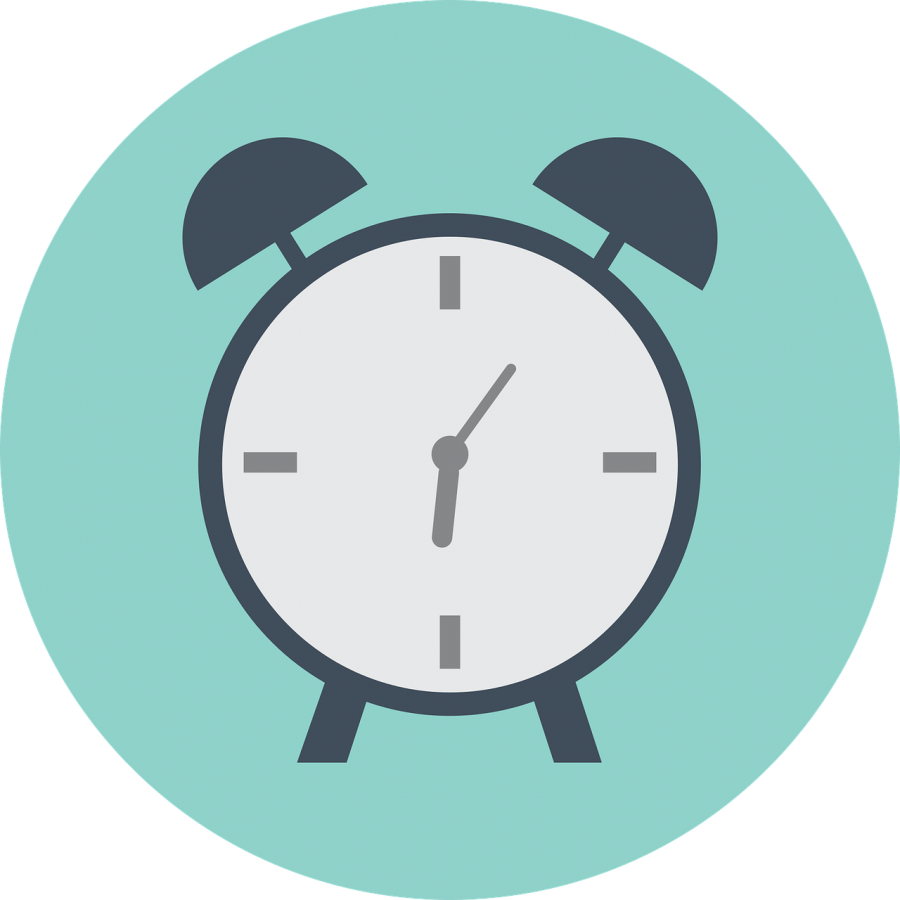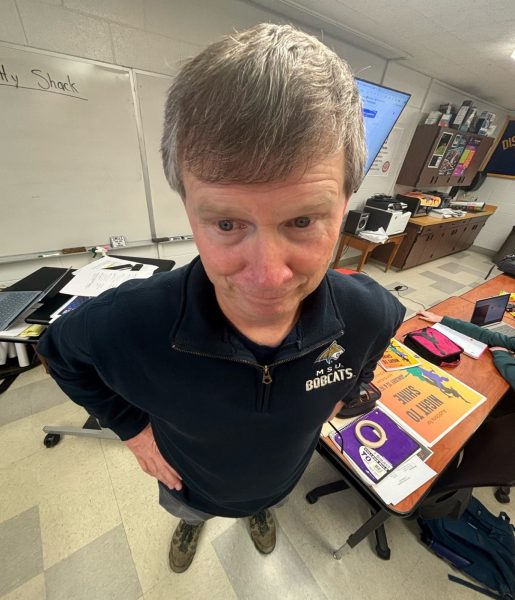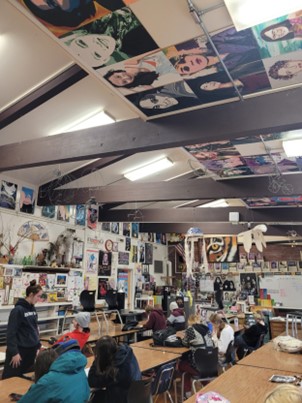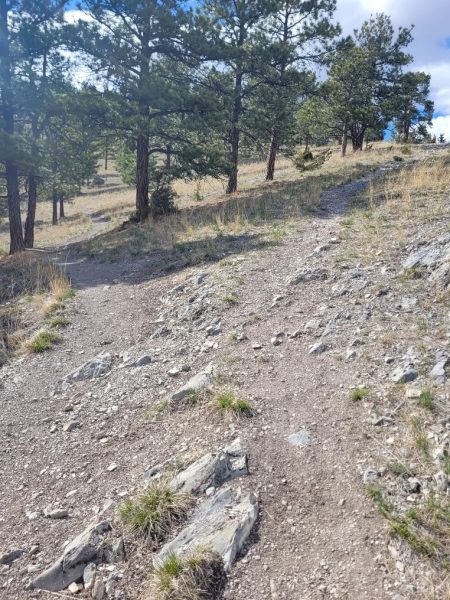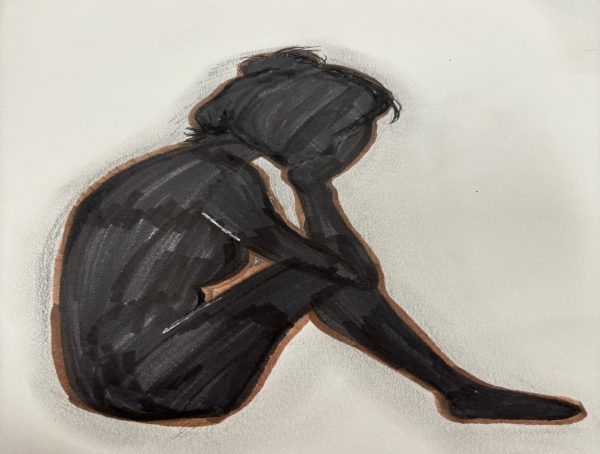Why We Should Be Nicer to Tired Teenagers
Every teenager knows the feeling. Rolling over in the morning, seeing the time on your alarm, and feeling an internal sense of dread when you realize school starts in a half hour after what felt like a night of zero sleep. Or the feeling of sitting in your first class of the day, focusing with all your might to keep your eyes open. Or the feeling you get as you leave the building, wondering why you feel so exhausted after getting a full night’s sleep. Trust me, we all have been there at some point.
These feelings of exhaustion have plagued high school students across the country for years. While it is easy to blame one’s own sleep habits, many people forget to consider basic biology when trying to pinpoint the reason for their sleepiness. Basic biology that school systems across the country completely ignore.
Here is a brief neurology lesson for you: every human’s functioning is programmed to follow a certain internal clock, called a circadian rhythm. According to an article written by the National Sleep Foundation on SleepFoundation.org, a circadian rhythm “regulate[s] the timing of periods of sleepiness and wakefulness throughout the day,” which consequentially “dips and rises at different times of the day.”
During adolescence, the circadian rhythm shifts and naturally functions at its highest efficacy later in the day compared to adults and younger children. According to the same National Sleep Foundation article, this is because “melatonin levels in the blood naturally rise later at night,” which causes teens “to naturally feel alert later at night, making it difficult for them to fall asleep before 11:00 pm.”
Since teenagers have more difficulty falling asleep before this time, it often means that several high schoolers are not getting enough sleep before having to wake up to get to their first classes of the day. As reported in an article on Time.com, “middle and high school should start at no later than 8:30 a.m.” because of the teenage sleep cycle.
While HHS does a good job of keeping start times within this range (especially with the new COVID-friendly start time), this is a luxury not always shared with students who take a zero period, or millions of other high school students across the country.
However, it is not just school start times that are affecting teenage students’ sleep. With more schools making the jump to online learning as COVID-19 case numbers rise, millions of high schoolers are spending more time in front of a computer; exposing them to more blue light.
For instance, the average high school student may have normally spent about an hour or two looking at a screen during school hours while physically attending class. However, now that classes and homework rely heavily on technology while learning remotely, many students easily spend at least four hours a day in front of their computers, if not more.
According to an article by Ashley Yeagar on ScienceNewsforStudents.org, blue light interrupts the body’s circadian rhythm and affects levels of melatonin (also known as the sleep hormone). With lower levels of melatonin, “we may feel too alert at bedtime to fall asleep when the body is tired” (Yeagar).
Now let’s be honest, we all know that students these days are up way later than they should be, most likely missing out on a full, healthy night’s sleep. More often than not, most of these students are on their computers or smartphones, finally taking a break from school or still working late into the night. It’s possible this inability to get sleep is due to the amount of time they spend being bombarded with blue light rather than their own decision to stay up late.
Even still, there are more factors that need to be considered when regarding the average teenager’s lack of sleep. Especially during these crazy times of uncertainty, students (along with the rest of the world) are under so much more stress than any other year. If teenagers have jobs, extracurricular activities, or responsibilities to care for younger siblings, trying to fit in a proper amount of sleep is often not a priority.
So, administrators, teachers, or anyone who has yelled at a stressed and sleepy teenager: have some compassion. Don’t scold them for succumbing to biology, and don’t publicly shame them for sleeping through a few minutes of their first period Teams call. Remember what it was like to cram all night for that midterm, or frantically write the rest of that book report you put off until the last minute. Have some leniency towards the sleep-deprived teenager.


